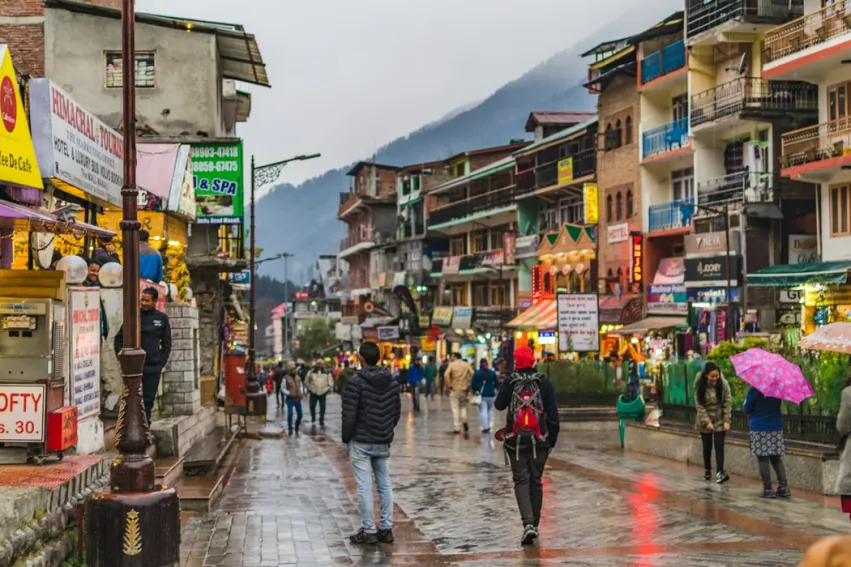
High inflation and job loss threatens India’s retail spending
India recorded a 11-year high wholesale price index in April.
A heightened inflation rate along with an equally high unemployment rate is weakening consumer sentiment in India and threatening retail spending in the country, according to a report from GlobalData.
India recorded a 11-year high wholesale price index (WPI) in April due to the rise in prices of oil, manufactured goods, minerals, and food products such as eggs and meat. The unemployment rate also shot up by 8% in April, causing 3.4 million salaried employees to lose their jobs.
Furthermore, 84% of consumers in India are still extremely or quite concerned about the impact of the pandemic in general, a Q1 survey from GlobalData revealed.
The Indian Rupee also depreciated to 75.35 against the US dollar in April 2021 from 72.35 in March 2021 due to a surge in infection rate, restrictions on businesses and mobility.
“While weakened currency boosts exports, it simultaneously increases the price of raw material imports, thereby adding to the price of end products, which is borne by financially strained consumers,” GlobalData’s retail analyst Ankita Roy said.
Effective vaccine rollouts and trade diversification has led to the revival of the economy and infused a sense of optimism in commodity markets such as the US and China, thereby resulting in soaring commodity prices.
This along with the weakened Indian currency has significantly increased landed cost and import prices, thus placing downward pressure on India’s economy, the report noted.
Rtail sales are expected to grow by 13.6% in 2021, but the lockdowns, low propensity to spend on discretionary products and an anticipation of the third wave of the pandemic are set to dampen the retail outlook in the country, Roy said.
“Despite increase in WPI inflation, surprisingly retail inflation fell to 4.29% in April from 5.52% in March 2021. However, if the situation persists, retail inflation is also likely to go up due to supply-side disruptions, costly imports, and high landed costs,” Roy added.



















 Advertise
Advertise






